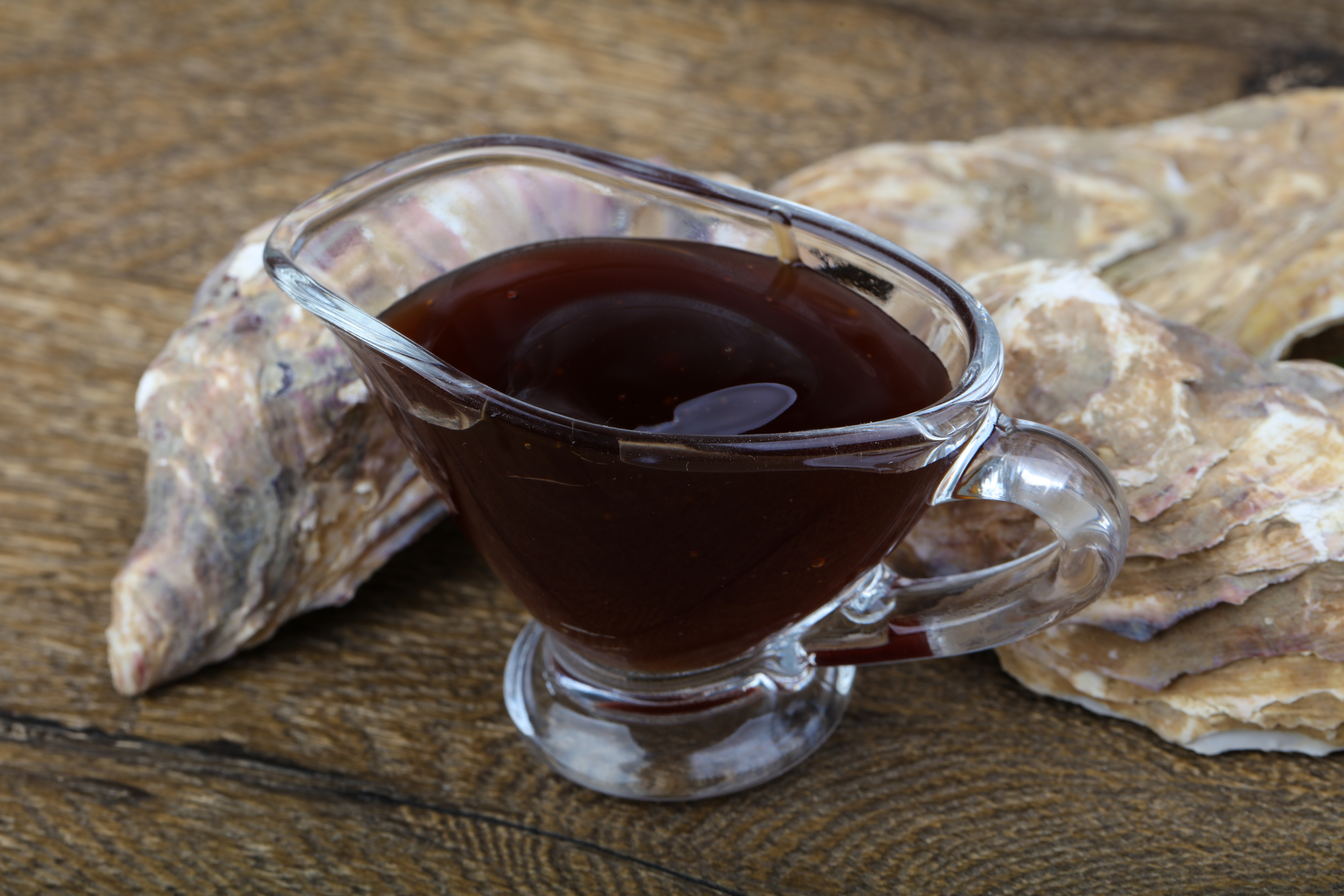Updated on April 9th, 2023
We know how exciting exploring Asian cuisine can be. And in such times, we want to produce the best results upon finish. So, we do our best to stay as true to the traditional ingredients as possible. And one of these unique items on most lists is the oyster sauce.
Tasty, versatile, and a top inclusion in Asian dishes, oyster sauce offers a blend of flavors that surfaces in any dish. But sometimes, we may not have it around or consume it in our cooking. In such situations, finding a good substitute for this impressive ingredient becomes paramount.
Here, you’ll read about what’s in oyster sauce and why it’s so highly sought. You’ll also find handy replacements that’ll work for regular and vegetarian needs. Plus, you’ll see that some of the substitutes, like Worcestershire and teriyaki sauce, aren’t as hard to come by as the original thing.
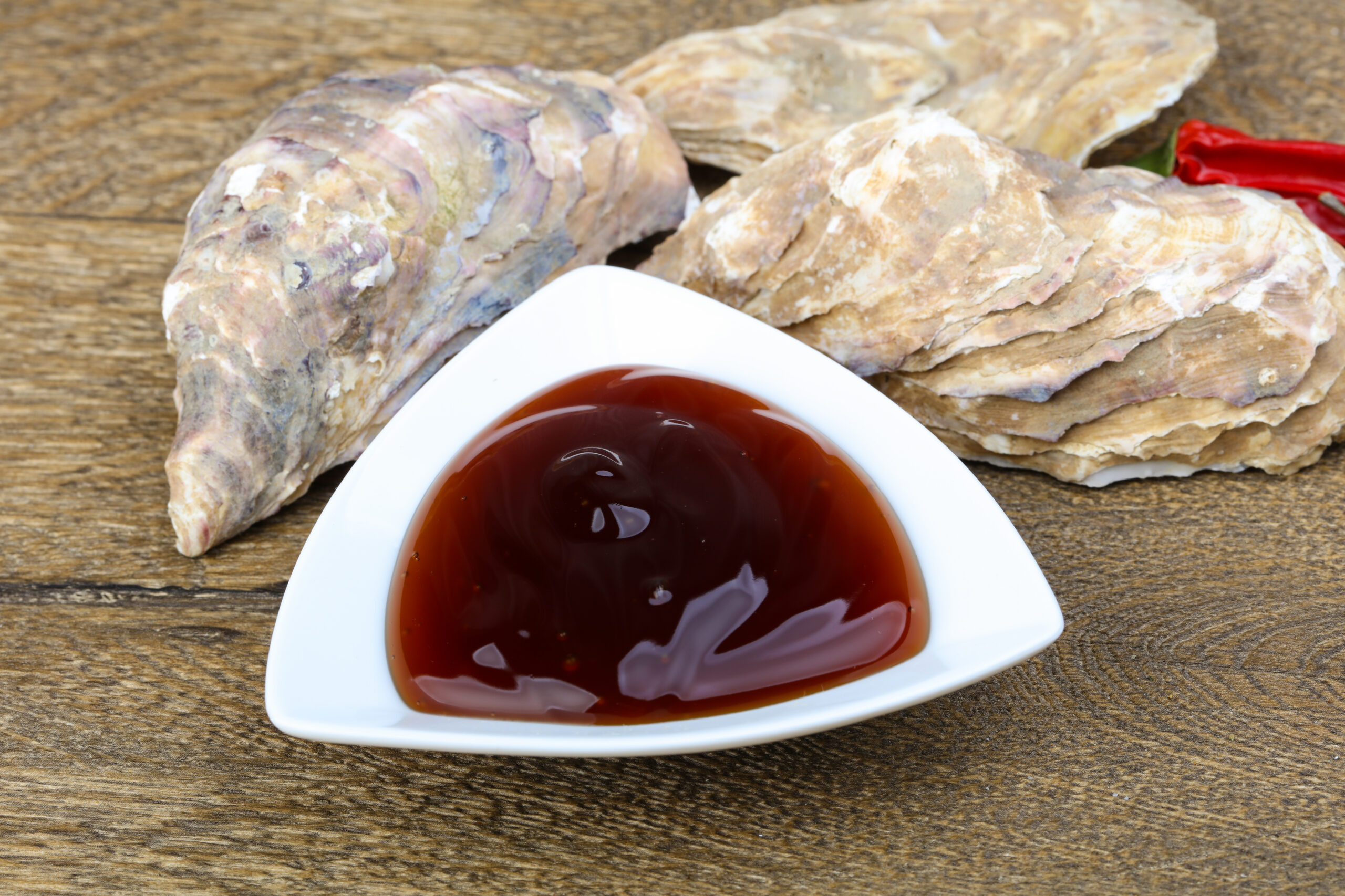
Oyster Sauce Nutrition Facts
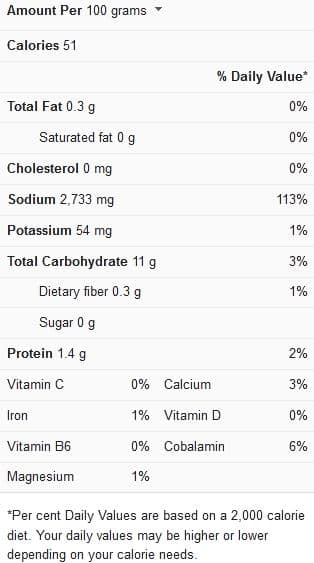
What Is Oyster Sauce?
Oyster sauce has a rich presence in Asian cuisine that a legend surrounds its origin. It’s believed that in 1888 China, a food stall operator named Lee KumSheung mistakenly left the oyster soup on the fire for too long. The result he discovered was a semi-thick and rich sauce full of flavor and savor. This, it is said, is what birthed what the world today knows as the oyster sauce.
Oyster sauce is prepared from oyster broth, derived from boiling oysters in water. The broth is then reduced by condensation to produce a brown liquid with a viscosity similar to ketchup. This form of oyster sauce was made traditionally, as it was free of additives. But today, oyster sauce varieties may contain coloring of caramel, oyster extracts, starch, sugar, citric acid, yeast extracts, flavor enhancers, and preservatives.
Uses of Oyster Sauce
Oyster sauce plays a significant role in Chinese cuisine but is also renowned in Thai, Cambodian and Vietnamese dishes. It’s a condiment extremely rich in umami and guarantees a hefty dose of salty savor. A simple description of its flavor profile would be soy sauce but sweeter. But, of course, you’ll also notice a hint of seafood or fishy taste that reminds you of its parent ingredient.
Oyster sauce plays well with other foods and works well in meat dishes. It’s also a handy way to infuse savor to vegetables and pasta and creates an intense atmosphere in soups and sauces. The flavor is rich and robust and stands out in many recipes. And it’s one of the many ways you can give your cooking a touch reminiscent of Asian cuisine.
It’s also great in dips and can be combined with other ingredients to make side dishes for baked goods. You’ll also find oyster sauce in tons of grilled recipes, be it fish, meat, seafood, or veggies. Below are some impressive recipes that include oyster sauce;
- Beef stir-frys
- Pancit Canton
- Sauces
- Chili beef
- Bok choi with garlic and oyster sauce
- Pineapple pork adobo
- Veggie stir-frys
- Curries
- Soups
- Caramelized pork
- PhatSiiKrongNeua
- Bo Zai Fan
- Grilled brisket
- Stews
- Spicy pork
- Chicken Lo Mein
- Grilled chicken wings
- Glazed mushrooms
- Tri-Tip Steak
- Glazed asparagus
- Grilled pork shoulder
- Blistered green beans
- Hot pepper noodles
- Asparagus and shiitake sauté
- Grilled beef
- Glazed aubergines
- Dips
- Marinades
Oyster Sauce Substitutes
As unique as the oyster sauce is, it’s not one of those ingredients you’ll have sitting in your pantry. And for those who do, we probably got it for one of those fancy Asian recipes we’ve decided to try and never used since. So if you have a bottle in your fridge and good condition, then you’re lucky. But the chances are you’re either out of stock, your supply has gone rancid, or you can’t eat it because you’re vegan. The good news, though, is oyster sauce can be replaced in any recipe, and lots of substitutes are around you.
Hoisin Sauce
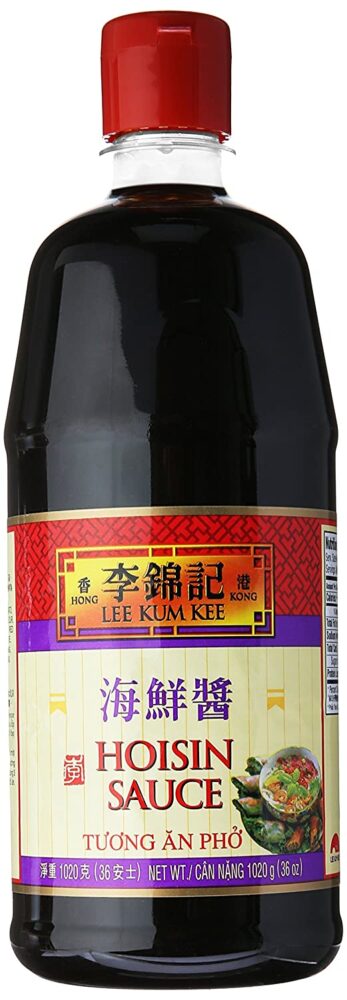
One of the closest ingredients to soy sauce on this list is hoisin sauce. It’s a traditional Chinese condiment, like oyster sauce, and is rich in umami and tang and offers a sweet flavor. Hoisin sauce has a flavor profile that reminds you of barbecue sauce, which isn’t surprising since it contains similar ingredients like chili paste, vinegar, and garlic.
It also resembles oyster sauce in its consistency but has a more potent flavor. Still, you can use hoisin sauce in equal amounts to oyster sauce, and it’s best applied to stir-fries, sauces, soups, marinades, and vegan dishes.
Soy Sauce
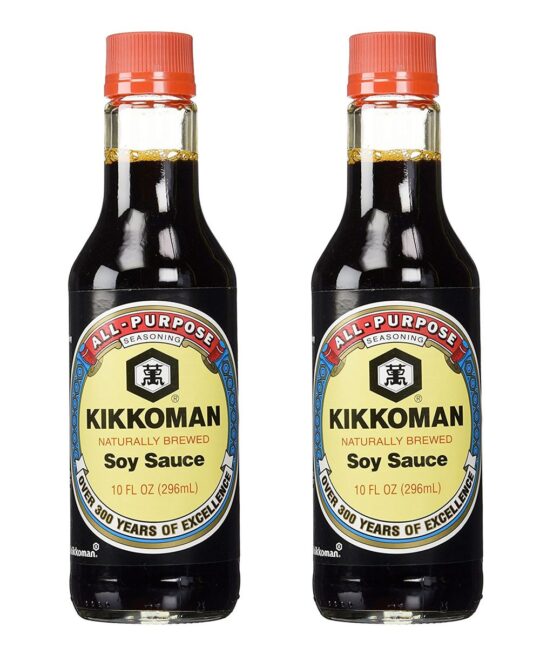
This option is an easy-fix substitute for oyster sauce, predominantly if you’re driven towards more umami. Soy sauce is also vegan friendly, compared to oyster sauce, and you get a similar brown hue. But soy sauce has more salt in its mix and a thinner consistency than oyster sauce. So, if you must use it, apply less of it, to which you again add a bit of sugar to mimic the sweetness. You can also consider Indonesian kecapmanis, a sweet variety of soy sauce, or tamari for gluten-free options.
Fish Sauce

A decent replacement that keeps the fishy taste intact is fish sauce. This option is derived from fermented fish, posing a more robust seafood flavor than oyster sauce, and it’s also saltier and has less sweetness than the original thing. Still, you can add fish sauce to stir-fries and seafood-based recipes since they work around such a flavor. You can also use it in places where the oyster sauce is asked for in small amounts.
Teriyaki Sauce
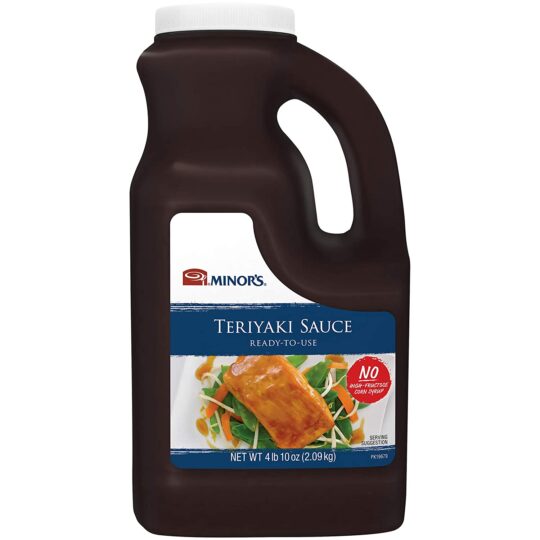
If you have a jar of teriyaki sauce, then use it in place of oyster sauce for stir-fries and noodle recipes. Teriyaki sauce works best in such situations because the oyster sauce mostly called for is minimal. But you can also use it in other situations, but you’ll have to reduce the quantity.
The reason is teriyaki sauce is sweeter than oyster sauce, as it’s made from soy sauce, sugar, and mirin or sake. But they share a similar thickness, so you won’t have to sacrifice much on that aspect.
Mushroom Sauce
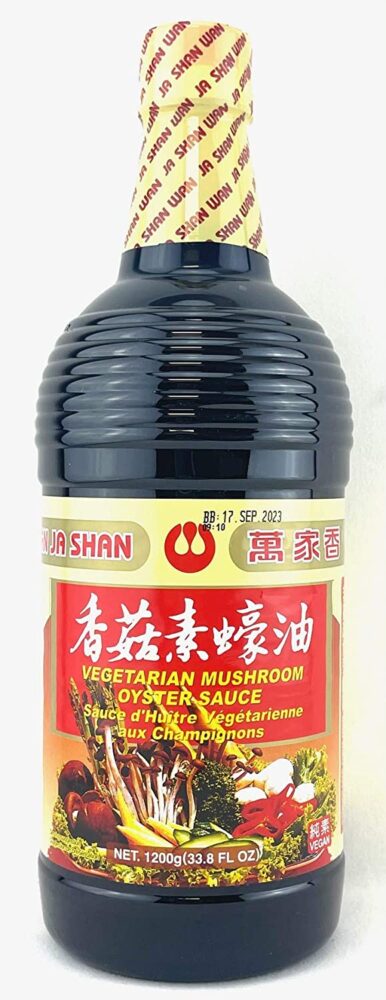
This option is another handy vegan replacement for oyster sauce. It’s rich in umami and can be made at home using dried mushrooms, soy sauce, cornstarch, and sugar. Some homemade mushroom sauce recipes can also be made with mushroom broth cubes in place of the mushrooms.
But you can also purchase premade mushroom sauces at the market or use a batch you’ve got at home. The flavor is quite close to the real thing, and it works in all recipes that call for oyster sauce.
Frequently Asked Questions (FAQs)
Does oyster sauce go bad?
Yes, but only if it isn’t properly stored. This condiment can last for two years if kept under continuous refrigeration, so the chances of it going bad before you exhaust it are slim. Still, you may need a quick check before adding it to your dish. So, if the oyster sauce emits an off smell, taste, or look, or if you find mold in it, discard the bottle immediately.
Does oyster sauce have to be cooked?
The oyster sauce is mainly added to the cooking or braising process. The reason is the condiment is prone to overcooking, after which it’ll lose flavor and result in a bitter taste.
How much oyster sauce is too much?
It’s recommended that you don’t exceed two teaspoons of oyster sauce per meal to keep your salt and sugar intake at moderate levels. The reason is medical experts counsel that adults should maintain a maximum consumption of 10 teaspoons of sugar and one teaspoon of salt daily.
Conclusion
Oyster sauce is perhaps one of the few specialty ingredients out there you never imagine replacing. But surprising as it seems, the condiment has tons of substitutes around you. Pick any of these options the next time you need oyster sauce. And you’ll also note that some of the replacements offer you convenience by catering to your special dietary needs.
